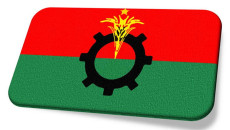
Sylhettoday Desk
03 May, 2025 20:43
Shahid Janani Jahanara Imam’s Birth Anniversary Today
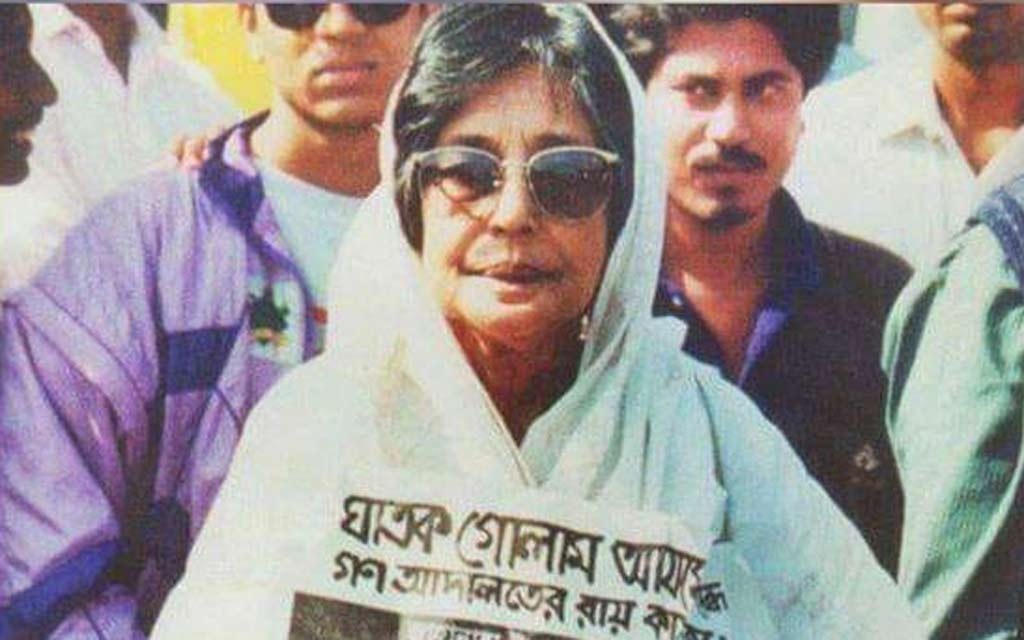
Today (3 May) marks the birth anniversary of Shahid Janani (Martyr Mother) Jahanara Imam — a writer, educationist, and fearless activist who dedicated her life to upholding the values of the Liberation War and demanding justice for war crimes committed during 1971.
She was born on May 3, 1929, in Sundarpur of Murshidabad district, in the then undivided Bengal (now West Bengal, India). Her unwavering commitment to justice and her leadership in the 1990s helped ignite a mass movement for the trial of war criminals. Today, because of that movement, many top perpetrators of the 1971 genocide have faced trial and punishment.
Jahanara Imam’s life was shaped by unimaginable personal loss. During the Liberation War, she lost both her husband and her 19-year-old son, Shafi Imam Rumi, who had given up a chance to study engineering in the United States to fight for Bangladesh’s freedom. Their sacrifice lit a fire within her — one that drove her to a lifetime of activism.
On March 26, 1992, under her leadership, a symbolic People’s Court (Gono Adalot) was held in Dhaka’s Suhrawardy Udyan, where war criminal Ghulam Azam was found guilty in absentia and sentenced to death. This event reignited the demand for justice and mobilized public sentiment across generations. Until her last breath, Jahanara Imam remained at the forefront of the movement for the trial of war criminals and collaborators (razakars).
Her diary of the Liberation War, Ekattorer Dinguli (Days of '71), remains one of the most powerful firsthand accounts of that period. It captures her pain, resilience, and the spirit of resistance — making it a cornerstone of war literature in Bangladesh.
The movement she led gained momentum after December 29, 1991, when Ghulam Azam was reinstated as the leader (Ameer) of Jamaat-e-Islami, the political party accused of collaborating with the Pakistani army during the war. In response, on January 21, 1992, 70 political, cultural, and social organizations united to form the Ekattorer Ghatok Dalal Nirmul Committee (Committee for Eliminating the Killers and Collaborators of ’71). It later expanded into a national coordination council on February 11, with Jahanara Imam as its unanimous convener.
Despite battling cancer, Jahanara Imam continued to lead the movement, inspiring millions. Her leadership was pivotal in staging the historic People’s Court, where ten specific charges were brought against Ghulam Azam — all of which led to a symbolic verdict of capital punishment.
Jahanara Imam received her early education under the guidance of her father, Abdul Ali, a Deputy Magistrate. He ensured she had access to a modern education — a rarity for girls at the time. She completed her BA from Lady Brabourne College, Kolkata in 1945 and later earned her MA in Bengali as a private candidate from the University of Dhaka. She started her career in teaching and served as the headmistress of Siddheswari Girls’ School from 1952 to 1960. Later, she pursued higher education in the United States as a Fulbright Scholar and joined Dhaka Teachers’ Training College in 1966, leaving in 1968 to participate in cultural and social activism.
The Liberation War brought immense grief to her family. During the nine months of war, she lived under constant fear and anxiety while secretly supporting the freedom fighters. She meticulously recorded her experiences on scraps of paper, coded notes, and hidden pages — which were later compiled into Ekattorer Dinguli, published in 1986. The book became a literary and historical milestone, evoking powerful emotions among readers.
After Bangladesh’s independence, Jahanara Imam dedicated her life to writing, promoting the values of the Liberation War, and advocating for justice. Because of her sacrifices and activism, she was rightfully honored by the nation as Shahid Janani — the mother of a martyr.
Jahanara Imam passed away on June 26, 1994, in a hospital in Detroit, Michigan, after a long battle with cancer.
As a literary figure, she left behind a rich body of work that includes Ekattorer Dinguli, Bok-er Bhetor-e Agun, Dui Meru, Kansarer Shathe Bosobash, and Probasher Dinguli, among others. Her writing continues to inspire generations and serve as a testament to the price of freedom.



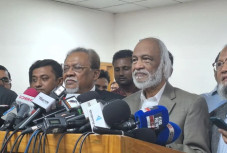

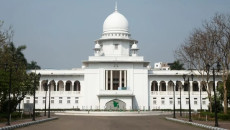
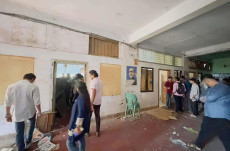
 সিলেট সিপিবি সাধারণ সম্পাদক সুমন ‘আটক’
সিলেট সিপিবি সাধারণ সম্পাদক সুমন ‘আটক’ 




 IT Lab Solutions Ltd.
IT Lab Solutions Ltd.
আপনার মন্তব্য